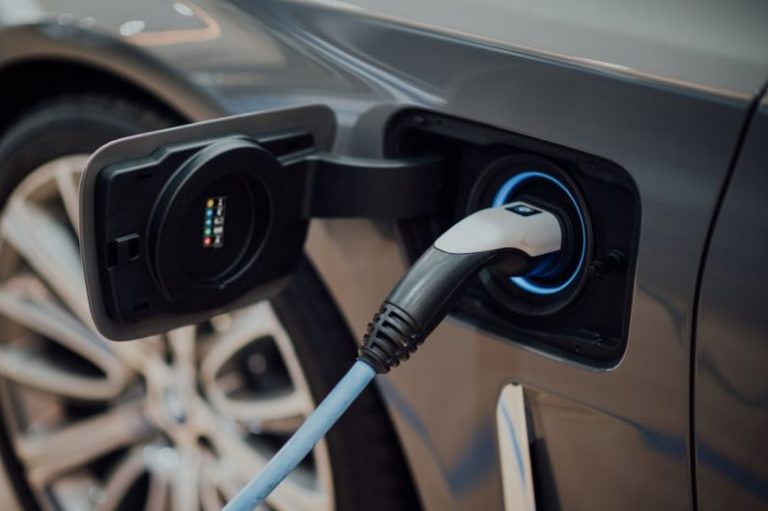Maximizing Fuel Efficiency: Proven Tips and Tricks
In today’s fast-paced world, finding ways to save money and reduce our carbon footprint has become more important than ever. One area where we can make a significant impact is in maximizing fuel efficiency in our vehicles. By implementing some proven tips and tricks, you can not only save money on gas but also help the environment by reducing emissions. Let’s explore some practical strategies to help you get the most out of every drop of fuel.
**Optimize Your Driving Habits**
Your driving habits play a significant role in your vehicle’s fuel efficiency. One of the most effective ways to maximize fuel efficiency is to practice smooth driving. Avoid sudden acceleration and braking, as these actions can significantly increase fuel consumption. Instead, accelerate gradually and maintain a steady speed to conserve fuel. Additionally, try to anticipate traffic flow to avoid unnecessary stops and starts. By driving more mindfully, you can improve your fuel efficiency and save money in the long run.
**Maintain Your Vehicle**
Regular maintenance is crucial for optimizing fuel efficiency. Make sure to keep up with routine maintenance tasks such as oil changes, tire rotations, and air filter replacements. Properly inflated tires can also improve fuel efficiency, so check your tire pressure regularly. A well-maintained vehicle operates more efficiently, ensuring that you get the most out of every gallon of gas.
**Reduce Excess Weight**
Carrying unnecessary weight in your vehicle can decrease fuel efficiency. Take some time to declutter your car and remove any items that you don’t need. Roof racks and bike racks can also add drag to your vehicle, increasing fuel consumption. If you’re not using these accessories regularly, consider removing them to improve your vehicle’s aerodynamics and fuel efficiency.
**Use Cruise Control**
Cruise control is a valuable tool for maximizing fuel efficiency, especially on long highway drives. By maintaining a constant speed, cruise control can help you avoid unnecessary speed fluctuations that waste fuel. Just be mindful of using cruise control on hilly terrain, as it may cause your vehicle to downshift unnecessarily, increasing fuel consumption.
**Plan Your Routes**
Planning your routes can help you avoid traffic congestion and unnecessary detours, ultimately saving you time and fuel. Use GPS or mapping apps to find the most efficient routes to your destination. Avoid peak traffic hours whenever possible to minimize time spent idling in traffic. By planning ahead, you can reduce fuel consumption and arrive at your destination more efficiently.
**Consider Hybrid or Electric Vehicles**
If you’re in the market for a new vehicle, consider opting for a hybrid or electric model. These vehicles are designed to be more fuel-efficient than traditional gasoline-powered cars, helping you save money on fuel costs in the long term. Additionally, hybrid and electric vehicles produce fewer emissions, making them a more environmentally friendly choice.
**Conclusion: Making Every Mile Count**
Maximizing fuel efficiency is not only beneficial for your wallet but also for the environment. By implementing these proven tips and tricks, you can make every mile count and reduce your carbon footprint. Whether you’re adjusting your driving habits, maintaining your vehicle, or considering alternative fuel-efficient options, small changes can make a big difference in your fuel consumption. Start incorporating these strategies into your routine today and enjoy the benefits of a more efficient and eco-friendly driving experience.






